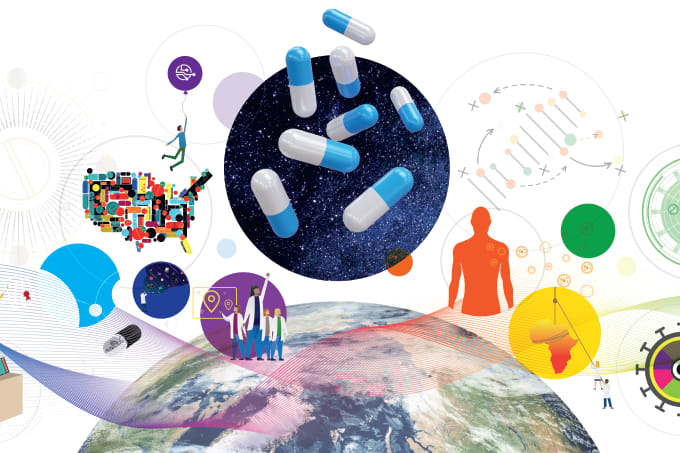Among the many applications of AI in life sciences, AI tools are improving oncology treatments by streamlining information, supporting physicians in decision-making, and bridging the gaps between patients and clinical trials. Danny den Hamer, Product Manager at health technology company myTomorrows, discusses the benefits of AI in finding the right clinical trials for patients.

How does myTomorrows ensure the accuracy and reliability of AI in oncology?
We support physicians in evaluating a patient’s eligibility for clinical trials using AI.
There are two mechanisms in place to determine accuracy. First, we rigorously test the AI’s performance by comparing its output against assessments from our medically trained professionals, as well as public benchmarks. Second, the AI model acts as a transparent guide, allowing the end user to fully understand its reasoning and providing the flexibility to override its recommendations when needed. This combination guarantees reliable, interpretable results.
How does AI help identify clinical trials that are relevant for individual cancer patients?
Evaluating a patient’s eligibility for clinical trials is a very time-consuming process, and for that reason can fall by the wayside for some physicians. myTomorrows addresses this with a comprehensive clinical trial search engine, which indexes multiple trusted government-endorsed trial registries. The results of the search engine feed our AI eligibility checking tool, which assesses patient eligibility based on their medical profile, whether provided as documents or unstructured text. Our search engine reduces the time normally spent on eligibility assessment by up to 90 percent, enabling physicians to consider a broader range of clinical trials and other treatment options for their patients.
What challenges have you encountered in integrating AI with existing healthcare systems for oncology care?
Healthcare IT systems are notoriously closed off for technical integrations. To tackle this, we integrate with trusted partners, such as the precision medicine company Congenica. Another big challenge is adhering to the data privacy standards of specific countries and/or medical institutions. We have an in-house legal team with extensive experience in ensuring that hospitals and other healthcare systems comply with data privacy regulations. In addition, we work with trusted cloud providers, including AWS and Azure, to use AI hosted in the EU.
How does the use of AI impact patient-doctor communication and the decision-making process in personalized cancer treatments?
By enhancing communication between doctors and their patients. AI can reduce the time spent on searching and determining patient eligibility for clinical trials, as well as other administrative tasks. It can also make information more accessible to patients, thereby encouraging them to conduct independent research, which they can then discuss with their physician, leading to a more collaborative approach to their treatment.
AI has the potential to increase patient medical literacy by clarifying complex medical terms and concepts. This can increase patient understanding of the information provided so they can have a more level and in depth conversation with their physicians.
What advancements in AI do you foresee having the greatest impact on oncology care in the next five years?
AI will have the potential to impact oncology care in several ways. Organoids and other lab-grown tissue models based on machine learning could reduce the need for animal testing, while advances in digital twin technology could minimize human testing by simulating patient responses. Additionally, AI is set to accelerate drug discovery by identifying promising compounds faster and predicting their efficacy with greater precision.




